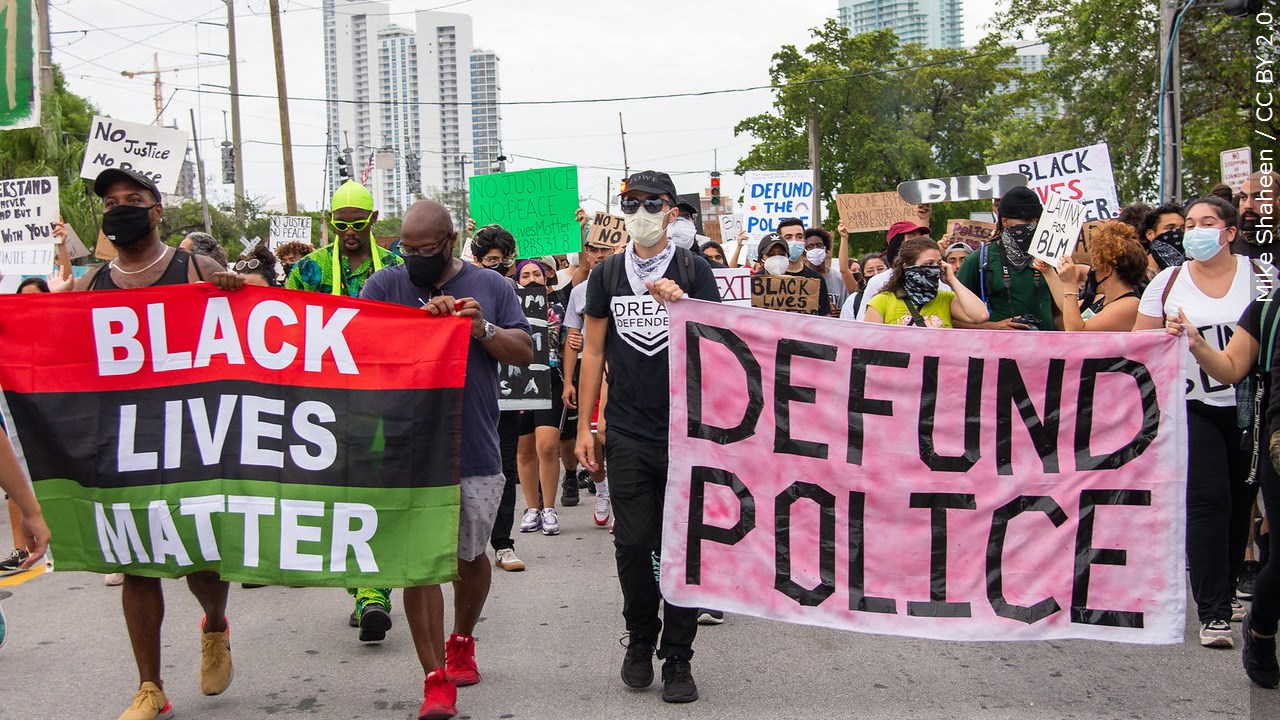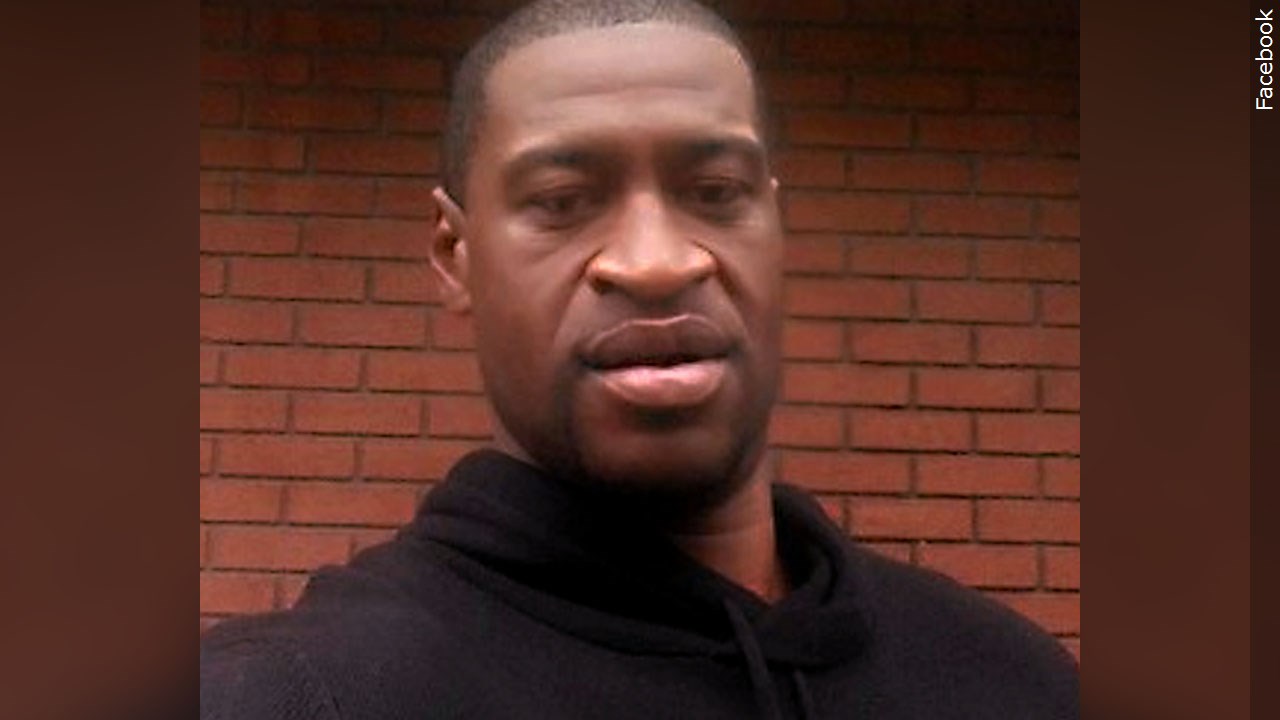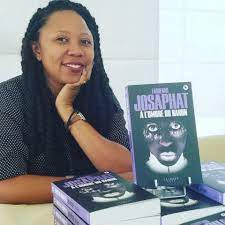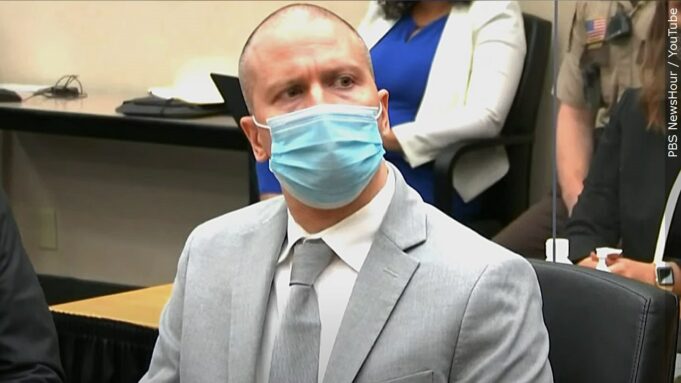Amilcar Cabral, renowned African intellectual and Pan African revolutionary, cautioned his fellow freedom fighters to “Tell No Lies, claim no easy victories.”
And in an extract from a 1965 Party Directive, Mr. Cabral—a Bissau-Guinean and Cape Verdean political activist, nationalist, poet and diplomat who led the nationalist movement of Guinea-Bissau and Cape Verde Islands—elaborated further: “Always bear in mind that the people are not fighting for ideas, for the things in anyone’s head. They are fighting to win material benefits, to live better and in peace, to see their lives go forward, to guarantee the future of their children.”
Fifty-six years after the directive was published in “The Liberation of Guiné, Aspects of an African Revolution, Blacks in this country are no different in what they seek for themselves and their children.
Just about every day, they are reminded that they can claim no easy victories as they fight for significant and substantive social change and fairness, equality and justice for Black people.
The Derek Chauvin murder trial is a case in point.
On the afternoon of Friday, June 25, the world watched transfixed as Mr. Chauvin, a former Minneapolis police officer, learned his fate for the brutal May 2020 murder an unarmed Black man, George Floyd. At the end of the day’s proceedings, Judge Peter Cahill sentenced Mr. Chauvin to 22.5 years in prison. Under Minnesota law, he will have to serve two-thirds of his sentence—15 years—before he’s eligible for supervised release.

In Miami, Fabienne Sylvia Josaphat-Merritt said the sentence left her numb and empty.
“I am very unsatisfied. My gut tells me that what we saw isn’t right,” said Ms. Josaphat-Merritt, a Haitian writer, novelist and poet. “I don’t think that it’s justice. It would have been harsher if a Black person was being sentenced for this crime. Things are easier for a White man … and we’re dying.”
“There are Black men and women who are serving time and a lot more time for lesser offenses. This feeling is common in my circles. A lot of them feel this isn’t a sentence at all.”
The Floyd family, dismayed by the judge’s decision, characterized it as a slap on the wrist, although it is one of the longest sentences ever given to a White cop for killing a Black person.

“Consequences, they vary, but for us just to get some time, even though it was a slap on the wrist, we still have to appreciate, because we didn’t have to get anything,” Philonise George said during an MSNBC interview. “My brother, he’s dead, I will never get to see him again. We will always have empty seats at the house that he should be sitting in. That was our loved one, we cherished him. No matter how anybody else felt about him, we loved him.”
A jury found Mr. Chauvin guilty of unintentional second-degree murder, third-degree murder and second-degree manslaughter on April 20 for kneeling on Mr. Floyd’s neck for more than nine minutes. Judge Cahill added 10 years to Mr. Chauvin’s sentence because of aggravating factors, including abuse of power, Mr. Chauvin acting “with particular cruelty;” abusing his position of authority; acting with the participation of three other individuals; and committing the crime in the presence of children.

Nsé Ufot, CEO of the New Georgia Project and its affiliate, New Georgia Project Action Fund, told The Final Call that she was very careful in how she answered the question of what the sentence means in a larger context.
“I think it’s a big and small thing. It’s a move in the right direction towards accountability and the attempt to see justice for a family that was harmed,” she said. “The needle has moved a little. The entire world saw a man murdered on video. I’m glad the judge didn’t gaslight us.”
Ms. Ufot has been instrumental in strategizing and organizing voter registration efforts in Georgia and the New Georgia Project registered more than 500,000 eligible Georgians to vote in the 2020 presidential election.
Ashley Shelton, Jamila Bey and Andre Zeprine, all echoed Ms. Josaphat-Merritt and Mr. Floyd who conceded that while the sentence is a step towards justice, they’re acutely aware that the sentence imposed on Mr. Chauvin is nowhere near anything resembling complete victory until no other Black or Brown person in this country is brutalized or murdered by cops or others in law enforcement.

“There are plenty of men of color who’re in doing more time for lesser offenses and cops are not being convicted of crimes,” said Ms. Shelton, executive director of the Power Coalition for Equity and Justice. “A good precedent has been set but communities are pushing up and fighting for the idea of accountability for police. I hope they continue to be held accountable.”
Ms. Shelton, whose organization is based in Baton Rouge, said she and the coalition of community organizations she works with are no strangers to police brutality, cops not being held accountable for misconduct and the use of deadly force and their pleas and demands for justice being ignored.
“We are in a place where Alton Sterling was shot and killed and the officers did not face charges,” Ms. Shelton said. “There’s lots of talk about what this means. It’s about equity. Police officers who commit crimes and murder are just as accountable.”
“People are continuing to fight for justice even as things sometimes appears unclear. In Louisiana, we continue to fight for criminal justice reform, we took on qualified immunity and have worked on the bail issue. The fight continues. People are ready for change.”
A nation held captive by Covid-19 watched in horror as a White cop cruelly and casually kept his knee on the neck of an unarmed Black man for 9 minutes and 26 seconds. Millions of television viewers and countless millions more on social media heard Mr. Floyd’s plaintive pleas for help, cringed and shed tears as he cried out for his mother and then stared on as his life ebbed away.
The anger, anguish and rage over the murder lit a conflagration that raced across the U.S. and the globe, igniting protests and demonstrations involving more than 20 million people. Social justice activists, civil rights advocates and regular citizens demanded that the four officers involved in Mr. Floyd’s murder be charged with murder, called for cops to be held accountable and responsible when they maimed, hurt or killed Black Americans, while prison abolitionists and others called for police departments to be defunded.
It appeared as if White America might be prepared to confront the structural and institutional racism that suffuses all aspects of American life. But more than a year later, the hostility towards Black people, their allies and social justice activists, the unwillingness of the mainstream to be party to substantive change and the predictable White backlash against anything and anyone advocating for change is a reminder that there are no easy victories.
As America struggles to come to terms with racial and social conflict rocking the country, those demanding substantive change in policing are clear about the lack of faith, trust or confidence they have in U.S. law enforcement as an institution and other parts of society.
There are demands for the country to abolish, deconstruct and rebuild an entirely different policing structure. Despite widespread national protests last summer, talk of justice and accountability and corporations airing commercials about inclusion, Black contributions, and the Black struggle, police brutality and other egregious racist behavior continues unabated.
Social justice advocates and other critics understand the struggle that confronts them and Minnesota Attorney General Keith Ellison recently captured the scope of the struggle.
“The outcome of this case was critically important but by itself, it’s not enough. My hope for the country is that this moment gives us pause and allows us to rededicate ourselves to the real societal change that will move us much further along the road to justice,” he said during a post-sentencing interview. “I’m not talking about changes that take a decade. I’m talking about real change, concrete change that people can do now.”
The landscape of change nationally is mixed, with city leaders like those in Minneapolis who voted last year for a charter amendment that could eliminate the Minneapolis Police Department and replace it with a Department of Public Safety. In November, Minneapolis residents will get a chance to vote on between one and three different proposals that if implemented would dramatically reconfigure the structure of the city government as well as its approach to law enforcement.
Elected leaders in that city have been taking a broad look at ways to reform and reshape the police department by exploring viable alternatives to policing and adding key violence prevention elements. Some officials are also considering a plan to increase civilian oversight and replace police officers with trained mental health specialists and social workers to respond to mental health and wellness calls.
Last June, the city council approved a $150 million cut to the Los Angeles Police Department’s $1.86 billion budget for the next fiscal year, following strident calls by activists to defund the police. The money would be reallocated for social services, mental health services, housing, education and other services.
Black Lives Matter LA co-founder Melina Abdullah who told L.A. news station ABC 7 that the cut is a first step, but “it does not reflect the kind of fundamental reimagining of public safety that’s necessary to protect black life.”
Mr. Zephrine was curt and succinct in his Facebook response to the sentencing.
“That’s all s**t,” he said.
Mr. Zephrine said he is shocked that a police officer was convicted and sentenced, adding that Mr. Chauvin should have gotten the maximum sentence of 30 years because he was unapologetic and arrogant.
“This is a one-off because America was embarrassed. I doubt it will happen again,” said Mr. Zephrine, a Tradition African Priest in the Akan Akom Tradition and a former federal government civil servant. “We have to be clear that in America, it’s freedom and justice for Europeans who feel that we should be policed and punished. Justice is just for them.”
“Nothing has happened to the cops who have killed people since the trial.”
Mr. Zephrine said he expects the explosion of White grievance, violence and anti-Black racism to continue.
“Unfortunately, I think the system will get worse,” he said. “We will see more white grievance and when you see that, you see violence. Unfortunately, nothing will change.”
Ms. Josaphat-Merritt offered a more nuanced but no less disheartening response.
“I hoped this would be a change, but it will always be difficult to get them to atone. I don’t know if it will change a lot,” said Ms. Josaphat-Merritt, author of “Haiti 1965: A Novel.” “Ever since I became a mother it’s added another dimension. I understand that this country treats Black people as second-class citizens. As a mother, you start to think, not about your brother, father, cousins, but your son. I have a son and it’s terrifying. It’s frightening. There will be a time when we will be looked at differently and may have an encounter with cops.”
“It’s painful to consider.”
Ms. Bey, a host on WBFW-AM radio in D.C., speaker and writer whose work has appeared in The Washington Post, National Public Radio and other outlets, said policing and justice are two concepts that are at odds with each other.
“You can’t have a police state and a just state at the same time. They are completely in opposition,” she said.













